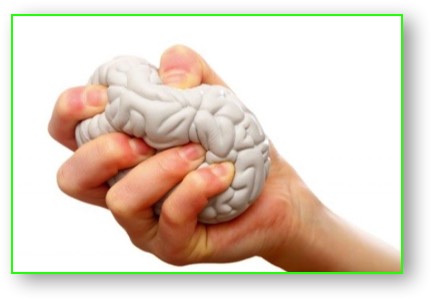TREATMENT OF TRAUMA

- Hijackings
- Armed burgarlies
- Violent protests
- Farm murders
- Car accidents
- Domestic violence
- Physical, emotional and sexual abuse
- Rape
- Neglect
- Suicide
- Fires
- Flooding
- Mud slides
- Continuous hospitalization
- Incurable diseases
- Paraplegia
- Cancer and many more
- Nightmares
- Insomnia
- Lack of appetite
- Fatigue
- Recurrent flashbacks of the trauma
- Depression
- Anxiety
- Eating disorders
- Suicide attempts
- Attempts to ignore triggers associated with the trauma
- Social withdrawal
From the list above, it is clear that traumatic events can hinder our functioning on many levels. When we experience trauma, the brain and its mechanisms, as well as the body are affected. Even if the trauma is over, we might still function in the different survival reactions of flight, fight or freeze.
Traumatic events can include recent events, or events and experiences of childhood. Sometimes we experience many traumatic events that constitutes complex trauma. A lot of research have been done on the treatment of different traumatic experiences, including acute stress reaction, post-traumatic stress disorder, complex trauma and developmental trauma. Two of the most effective treatment modalities, include Eye Movement Desensitization and Reprocessing Therapy (EMDR) developed by Francine Shapiro and Somatic Experiencing (SE) developed by Peter Levine.
TRAUMA TREATMENT
1. EMDR
According to the EMDR Institute, EMDR (Eye Movement Desensitization and Reprocessing) is:
..."a psychotherapy that enables people to heal from the symptoms and emotional distress that are the result of disturbing life experiences. Repeated studies show that by using EMDR people can experience the benefits of psychotherapy that once took years to make a difference. It is widely assumed that severe emotional pain requires a long time to heal. EMDR therapy shows that the mind can in fact heal from psychological trauma much as the body recovers from physical trauma. When you cut your hand, your body works to close the wound. If a foreign object or repeated injury irritates the wound, it festers and causes pain. Once the block is removed, healing resumes. EMDR therapy demonstrates that a similar sequence of events occurs with mental processes. The brain's information processing system naturally moves toward mental health. If the system is blocked or imbalanced by the impact of a disturbing event, the emotional wound festers and can cause intense suffering. Once the block is removed, healing resumes. Using the detailed protocols and procedures learned in EMDR training sessions, clinicians help clients activate their natural healing processes." (http://www.emdr.com/faqs.html)
2. Somatic Experiencing
According tho the Somatic Experiencing Trauma Institute, the following was said about SE:
"SOMATIC EXPERIENCING (SE) psycho-biological trauma resolution is a potent method for resolving trauma symptoms and relieving chronic stress. It is the life's work of Dr. Peter A. Levine, resulting from his multidisciplinary study of stress physiology, psychology, ethology, biology, neuroscience, indigenous healing practices, and medical biophysics, together with over 45 years of successful clinical application. The SE approach releases traumatic shock, which is key to transforming PTSD and the wounds of emotional and early developmental attachment trauma. The SE approach teaches that trauma is not caused by the event itself, but rather develops through the failure of the body, psyche, and nervous system to process adverse events."